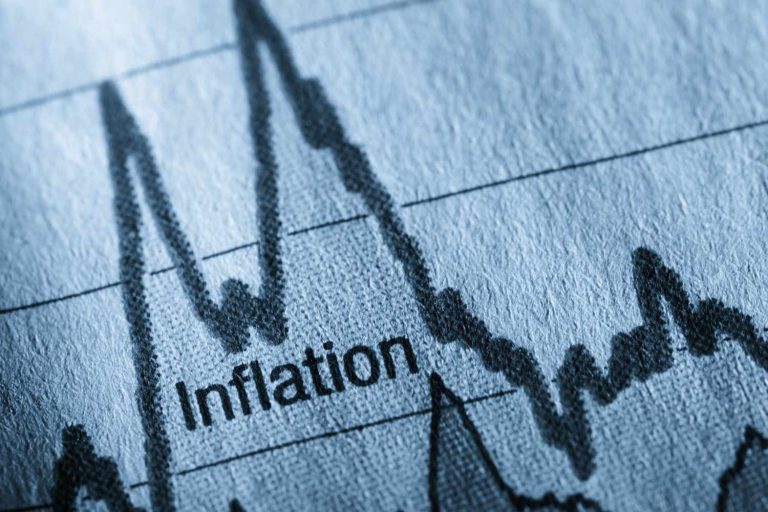When faced with extra cash, whether to pay off debt or invest is a common dilemma for many financially savvy individuals. Both strategies have merit, but the right choice depends on several factors, including the type of debt, interest rates, investment opportunities, and personal financial goals. Apps like Finhabits can help you with automated investing, offering a simple way to put your money to work while you weigh your options. Let’s dive deeper into the considerations that can guide your decision.
Understanding the Types of Debt
Not all debt is created equal. There are two main categories of debt: good debt and bad debt.
Good Debt
This typically includes mortgages and student loans, which generally have lower interest rates and the potential to increase your net worth or earning potential. For example, the average mortgage interest rate in the U.S. is around 6.49%. Student loans, particularly federal loans, often have even lower rates, with the average federal student loan interest rate being around 5.99%.
Bad Debt
This refers to high-interest consumer debt, like credit card balances. The average credit card interest rate in the U.S. is over 20%. This type of debt can quickly spiral out of control if not managed properly.
The Case for Paying Off Debt
Guaranteed Return
Paying off debt is equivalent to earning a guaranteed return. If you have credit card debt at 20% interest, paying it off is like getting a 20% return on your money—risk-free.
Psychological Benefits
Debt can be a mental burden. Eliminating it can provide peace of mind, reduce stress, and free up cash flow for other financial goals. Studies have shown that financial stress is a significant contributor to overall stress levels, and reducing or eliminating debt can improve mental health.
Risk Reduction
Reducing or eliminating debt lowers your financial risk. In uncertain economic times, having less debt can provide greater financial security and flexibility.
The Case for Investing
Potential for Higher Returns
Historically, the stock market has delivered an average annual return of around 6.37% after adjusting for inflation. Over the long term, investing in the market has the potential to significantly grow your wealth. Compare the interest rates on your debt to the expected return on investment. If your debt interest rate is higher than the potential return on investment, paying off the debt first makes more financial sense.
Compound Interest
The earlier you start investing, the more time your money has to grow through the power of compound interest. Even small amounts invested regularly can grow substantially over time. Using a growth investment estimator or an investment projection calculator can help you estimate investment growth and plan accordingly.
Inflation Protection
Investing in assets like stocks, real estate, or inflation-protected bonds can help protect your purchasing power against inflation, which has averaged about 2-3% per year in the U.S. over the past few decades.
The Rule of Thumb
When deciding whether to pay off debt or invest extra cash, the general rule of thumb is to prioritize paying off high-interest debt first. High-interest debt, such as credit card balances or personal loans, often carries rates of 15-20% or more. Paying off this type of debt is like earning a guaranteed return equal to the interest rate—something that’s hard to match with most investment opportunities.
In that sense, you reduce the financial risk of accumulating more debt and improve your cash flow for future financial goals. Once this debt is under control, you can begin focusing on Latino investments and wealth-building strategies.
Using Finhabits can support you in managing your financial journey. As you work on eliminating debt, Finhabits helps you prepare for your future by offering auto investments tailored to your goals. If you’re wondering how long to transfer money from investment to checking, the timing depends on various factors, but automated systems like Finhabits make the process seamless.
FAQs
What is the difference between good debt and bad debt?
Good debt typically refers to low-interest loans that can increase your net worth or earning potential, such as mortgages or student loans. Bad debt refers to high-interest consumer debt, like credit card balances, which can quickly become unmanageable if not paid off promptly.
How do I decide whether to pay off debt or invest my extra cash?
The decision depends on several factors, including the interest rates on your debt, the potential return on your investments, your financial goals, and your risk tolerance. Generally, the rule of thumb should be to pay off your debts with the highest interest rates first.
Should I prioritize paying off high-interest debt or investing?
High-interest debt, such as credit card balances, should generally be prioritized. The interest rates on these debts are often much higher than the returns you could earn from investments, making it more cost-effective to eliminate the debt first.
Can I do both—pay off debt and invest?
Yes, it depends on the type of debt you have. If it’s a low-interest debt, like a 3% mortgage, you can consider allocating part of your extra cash to debt repayment and part to investing. Finhabits can help you with automatic investing, allowing you to contribute consistently without needing to time the market. If you’re wondering are automatic investments a money skill, the answer is yes—automating your investments can help build discipline and long-term financial stability.
What if I have multiple types of debt? Should I pay off some before investing?
If you have multiple types of debt, prioritize paying off high-interest debt first, such as credit cards. Once high-interest debts are managed, you can consider a balanced approach of paying down lower-interest debt while investing. A calculator investment growth tool can help you compare different strategies and make informed decisions.
By using smart strategies like dollar-cost averaging and leveraging tools like an auto investing app, you can ensure a balanced approach to financial growth. How to invest into ETFs with dollar-cost averaging is an essential skill that Finhabits can help you master, ensuring long-term success.





